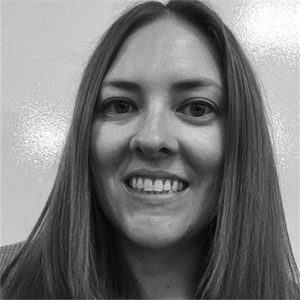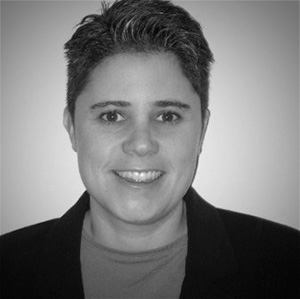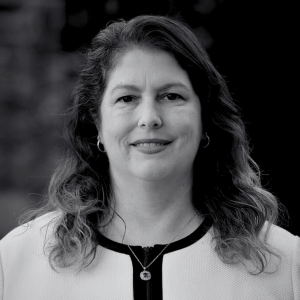A guide to highlighting your transferable skills

Transitioning to a new career can be daunting: how can you be competitive on the job market if your experience is limited to working at the bench? Good news: you already have the skills you need!
The goal is to think about your transferable skills – “soft” skills that you developed during your research career that are also required for success in the consulting and policy worlds. These are things like good communication, time management, working with a team, and leadership.
Recognizing Your Transferable Skills
So how do you identify these skills? Think about the elements of bench science and how they relate to careers outside of academia. For example, did you train undergrads? That requires leadership and teaching skills. Did you collaborate with other scientists? That requires communication, organization, and project management. Other common activities that build transferable skills include writing grant applications, presenting at conferences, managing common lab equipment, or balancing side projects. Starting to get the hang of it? Good!
Highlighting Your Transferable Skills
Now that you’ve identified these experiences, focus your resume and cover letter on the transferable skills that are relevant to the job you want, rather than on your scientific accomplishments. Here are some ways that you can frame your time at the bench to showcase your real-world abilities:
- List your most relevant skills first. A common mistake among recent PhDs is following a traditional resume structure, with education and work experiences listed chronologically at the top. As hiring managers, we often have a stack of resumes and very little time, so we might miss details buried halfway down the second page. One solution is to create a section at the top of your resume that highlights your most important career-specific credentials – experience with grant or blog writing, social media marketing, or project management, for example – and then include your full work history below.
- Be selective with your science. We know…you worked hard during your research career, and it can be difficult to leave the details on the cutting-room floor. However, for a non-research career, employers want to know how you will perform in their world, not the specifics of your findings. But don’t remove your research experience entirely! Your subject matter expertise is valuable to potential employers. Include just enough detail to get across your breadth of scientific experience without the technical nitty-gritty. Similarly, list your research publications at the end of your resume so that employers can skim over them, or stick to a handful of your most impactful articles.
- Use lay terms. For careers outside of the bench, you have to communicate information clearly, succinctly, and in terms that people from various backgrounds can understand. Where better to show that you can communicate complex ideas to a lay audience than on your resume? It’s also important to use clear, plain language so that hiring managers are able to connect your skills to those required for the position. Avoid jargon, and consider running your resume by some non-scientist friends or family to make sure it’s clear.
- Focus on impact. To show potential employers your value, avoid general statements and include tangible, measurable results for each item on your resume. So, rather than saying: “Wrote grant applications,” rephrase it to: “Lead author on 2 grant applications that generated $500K in funding.” Other factors that pack a punch could include streamlining a process that saved your lab time and money (how much?), leading large groups (what size?), and authoring high-impact articles (how many citations, covers or features?).
- Find your theme. Impactful cover letters provide a narrative to your resume and convey a message about who you are as a person: what your background is, what you value, and where your interests lie. To “brand” yourself, try thinking about the common threads that run through your past experiences or the personality traits that make you unique. For example, do you use communications in innovative ways or work well in teams? Be sure to highlight these traits using specific examples, such as a summary of your main contributions to past teams. Remember, we want you to demonstrate that you work well in group settings, not just state that you are a team player. You get the hang of it!
By highlighting your transferable skills, it’s easier for those of us on the hiring side to see how you might fit with our open positions. Think your skills are a good match? Learn more about our open positions.
Be sure to check back on our Future Rippler site for new job-related articles each month or sign up for our listserv to get job-related information right to your inbox.
Questions? We’re happy to help! Share your job-related or career questions via email, then check the site for answers to our favorite FAQs.




























